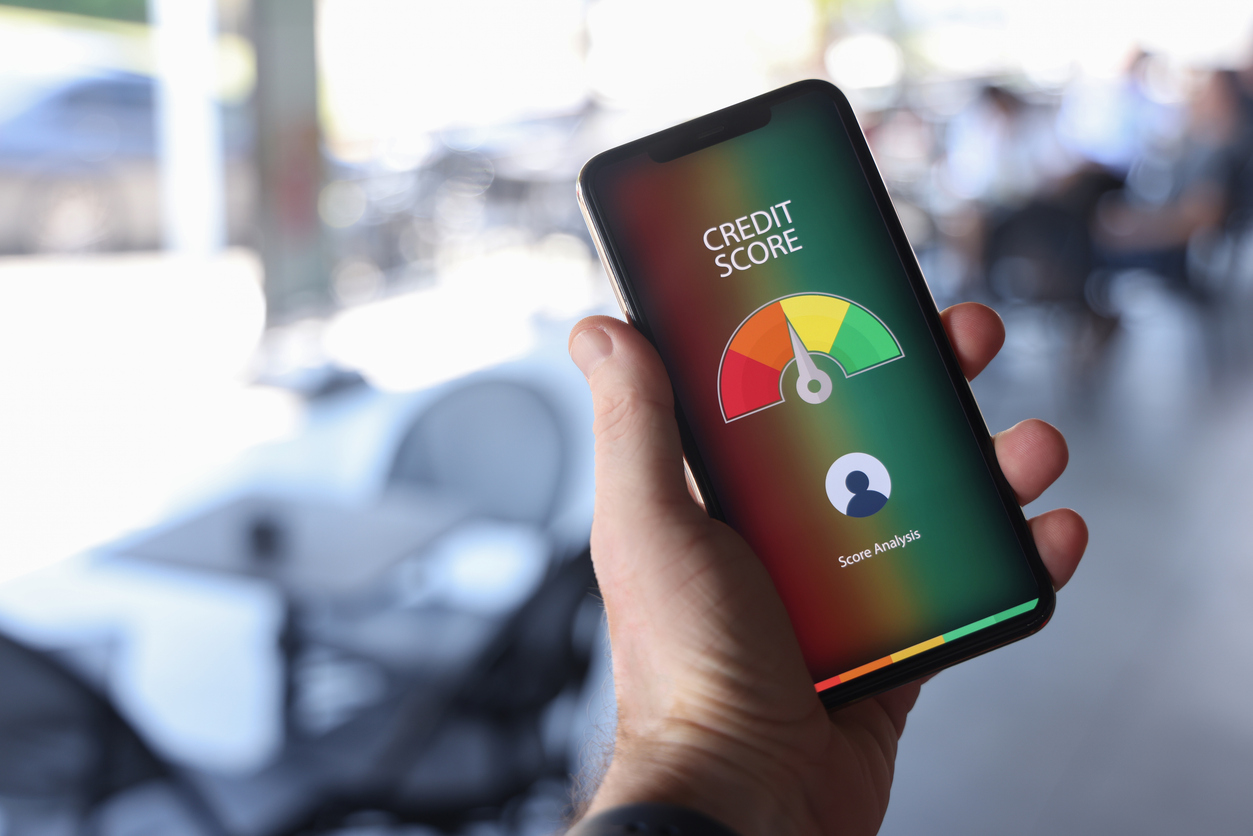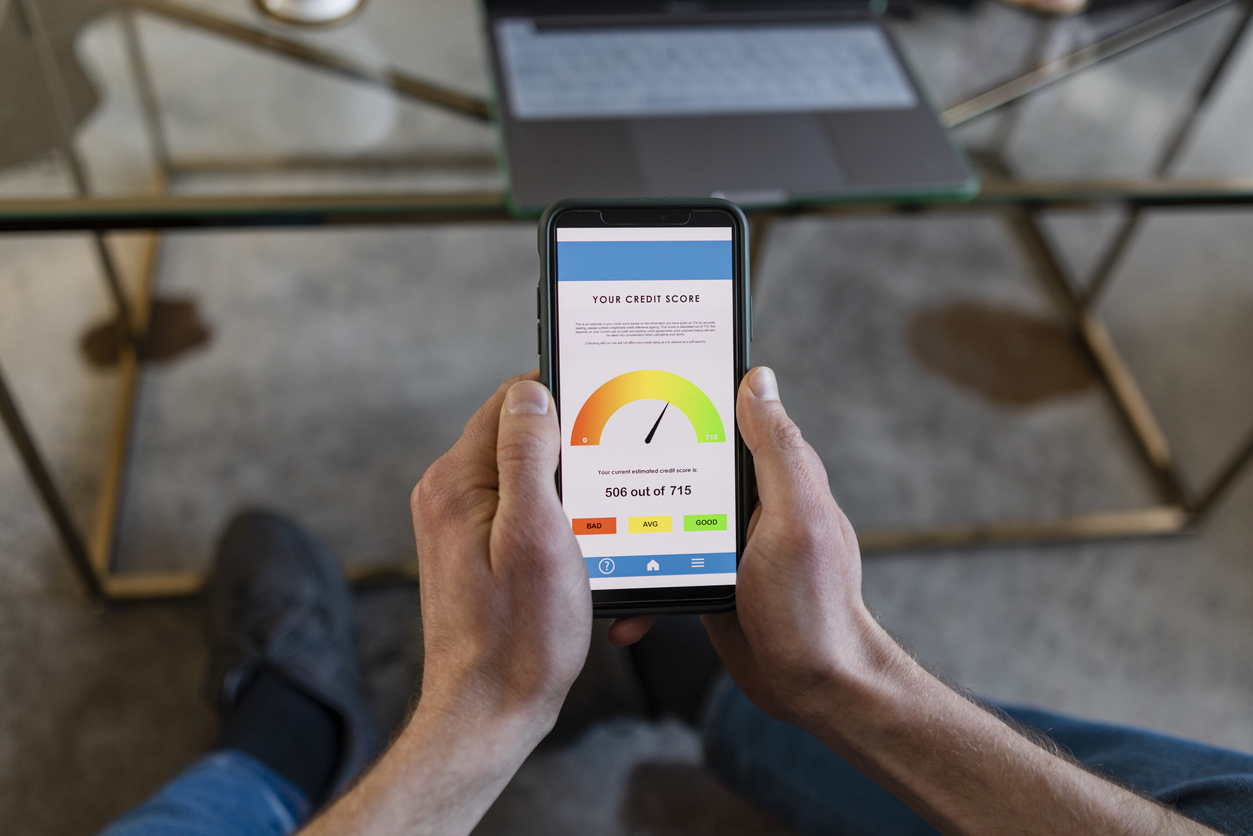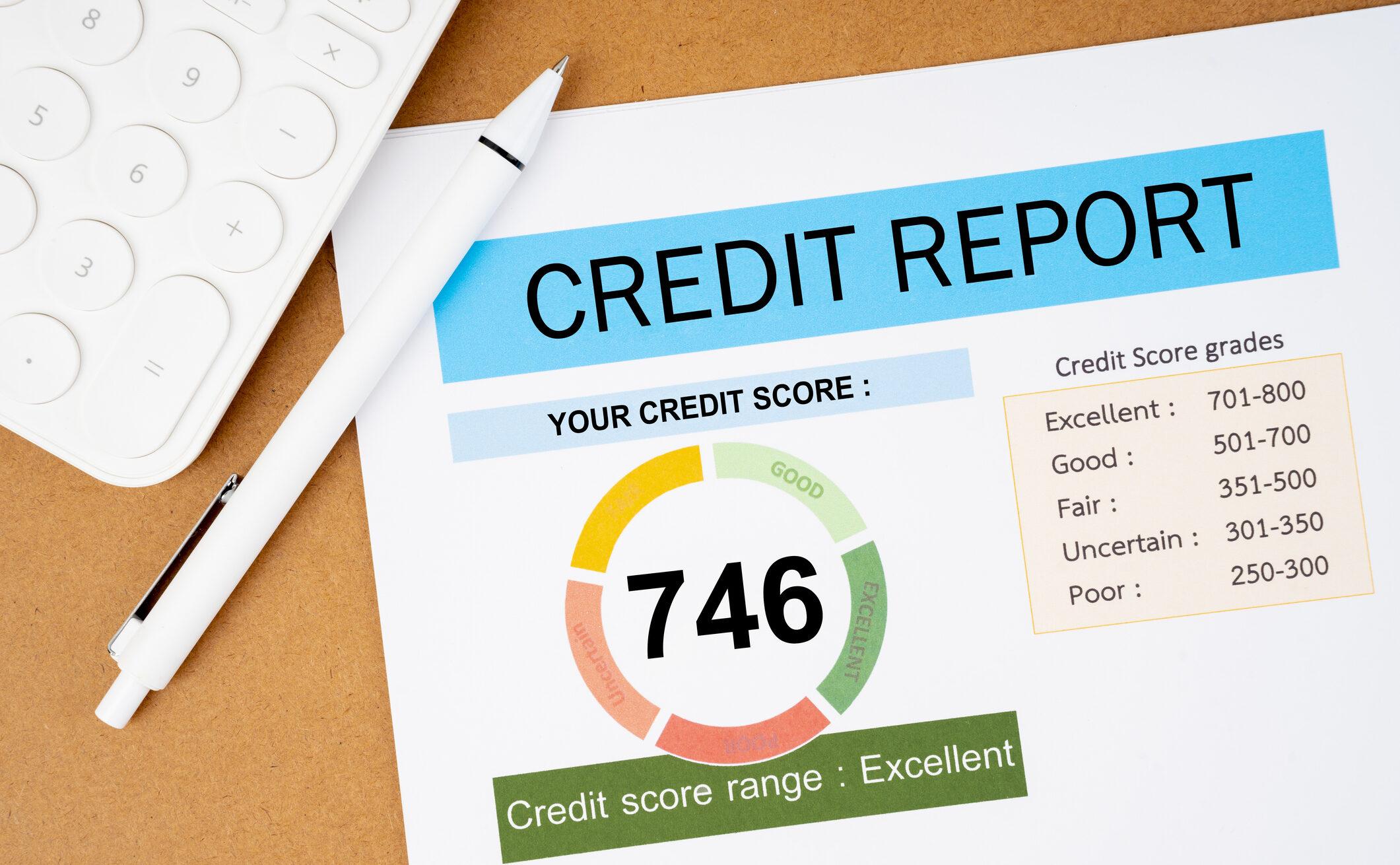
Key takeaways
-You can help build a positive credit profile by opening a credit card account, increasing your card limit, getting credit for paying rent and utility bills, taking out a credit-builder loan or consolidating existing debt.
-Maintain your credit score by always making payments on time, keeping your credit utilization low, sticking to a budget and refraining from applying for multiple credit accounts at the same time.
-Making payments on time for debt-based products such as credit cards and loans is just one way to boost your credit score. Other options, such as Home Equity Agreements (HEAs), enable you to tap your home equity and eliminate existing debt without taking out a loan.
This guide will teach you how to build a positive credit profile.
Whether you’re looking to buy a car, remodel your home, or finance your education, you’ll need a loan or a credit card if you don’t have the cash on hand. Lenders, such as banks and credit unions, will pull your credit reports and scores to determine your creditworthiness. Good credit can also help you net the best vehicle insurance rates, get an apartment and even land a job.
If you can show you’ve been financially responsible, made payments on time and even paid off debt early, you’ll have higher chances of success. You may also secure more favorable borrowing terms.
8 tips to build a credit profile and boost your credit score
Building a good credit profile is a long-term commitment, but the effort will be well worth your while. The sooner you start, the better. The good news is that it’s possible to establish a good credit profile, and credit scores, even starting from scratch. Here’s how.
1. Open a Credit Card Account
A credit card is one of the most effective and easily accessible tools you can use to help build a credit profile – IF you can use it responsibly. Look for a card without an annual fee, and use it sparingly. Never charge more than you can pay off in full every month.
Store Credit Cards
Retail store cards are credit cards from individual retail stores or retail chains. Use them to buy things from that store. If you don’t pay off your balance on or before the due date, you will incur interest. Interest on store cards can be very high, so be sure you pay off the balance in full on or before the due date.
Secured Credit Cards
If you have no credit history whatsoever, a secured card may be helpful.
With a secured card, you need to make an upfront cash deposit. The deposit amount is usually the same as your credit limit. The typical minimum might be a few hundred dollars, and will vary by provider.
A secured card works like any other credit card. You will incur interest if you don’t pay the balance back before the due date.
When shopping for a secured card, choose one with a low (or no) annual fee, and verify that it reports payment data to the three major credit bureaus: Experian, Equifax and TransUnion.

Co-Signed Credit Cards
Another way to obtain a credit card is to look into applying for an unsecured card using a co-signer.
A co-signer is responsible for the full amount you owe if you don’t pay it yourself. If you choose to go down this route, be sure that both you and the co-signer understand the terms of the agreement.
Become an Authorized User
If you have trouble qualifying for a card on your own, you could consider asking a family member or friend to add you as an authorized user to their account.
As an authorized user, you would have your own card. You’d want to have an explicit agreement with the account owner as to how and when you can use the card, and you would need to make sure you can pay your share.
That said, you don’t have to use or even own a separate card to benefit from being an authorized user. The account’s positive payment history will automatically count toward your credit report and scores. This is why you should choose a primary cardholder with a good credit profile.
However, keep in mind that since you’re not personally responsible for making payments and managing the account, these kinds of arrangements can only boost your creditworthiness to a limited degree. You should also ask the account owner to check whether their provider reports authorized user activity to all three credit bureaus.
2. Increase Your Credit Limit
If you have a traditional credit card, and have established a history of on-time payments, you could request an increase in credit limit. Credit card issuers may not approve your request if you have a large outstanding balance.
The idea is not to use this increase, but benefit by having it because it can help improve your credit utilization ratio. Calculate this ratio by dividing your total credit card balances by all your limits. Since credit utilization is a major credit scoring factor, you want to keep it as low as possible.
3. (Try to) Pay your bills on time
Paying all bills on time – including rent and utility – will be a huge help in building credit profiles and scores.
All three credit bureaus will include this type of payment data in your credit reports – if they receive it. This is where rent-reporting services such as LevelCredit and Rental Kharma come in. They can put bills you’re already paying on your credit report to help establish a history of on-time payments. Keep in mind that most rent-reporting services charge monthly or annual service fees. Some may have initial setup or enrollment fees as well.
You can also add your monthly cell phone, utility bills, and rent payments to your report using Experian Boost and Experian RentBureau, but this information will apply only to your credit report and scores with Experian.
While all this information will appear in credit reports, not all credit scoring companies will factor in such payments to their credit score calculations. The two biggest credit scoring companies, FICO and VantageScore, handle rent payment data differently.
For instance, the most popular variants of the FICO score have not used rental payment information at all. In contrast, VantageScore and more recent FICO versions like FICO 9 and FICO 10 will consider it if it’s in your credit report.
4. Take out a credit-builder loan
You can also apply for a credit-builder loan, usually available from a credit union or community bank.
Think of it as a forced savings program. The lender will hold the amount you borrow in an account and will only release it once you repay the loan. In the meantime, the lender will report the payments you make to repay the loan to the major credit bureaus.
Alternatively, if you hold a deposit with a bank or credit union, you can get a secured credit-builder loan with your money as collateral. However, note that the interest rate will likely be higher than the interest you’re currently earning on the account.

5. Get an installment loan
Installment loans, which you pay off through fixed monthly payments, can help you build a credit profile and boost your credit score if you make all payments on time. Examples include mortgages as well as auto, personal and student loans. Of course, you shouldn’t take out a loan just to build your credit, but this can be an added benefit.
6. Consolidate and eliminate existing debt
If you have outstanding debts, a debt consolidation loan can help you pay them off. This will leave you with just one loan to handle and, ideally, at a lower interest rate.
Alternatively, if you have multiple credit card balances, you may be able to consolidate and pay them off faster using a balance transfer credit card. These cards usually have promotional periods during which they charge 0% interest on your balance. To make them effective, you must pay off the balance in full before the promotional period ends. They generally come with fees totaling around 3% of the transfer amount, and require good credit reports and scores.
7. Follow best credit practices
Building a good credit profile takes time, patience and consistently adhering to a set of best practices.
Always pay on time. Make all your credit card or loan payments on or before the due date, every time. This is the most critical factor in building a good credit profile.
Pay more than the minimum. Pay more than the bare minimum. Otherwise, interest will accumulate faster than you can imagine, and you will end up paying far more for what you charged than its actual purchase price.
Keep credit utilization low. The lower your credit utilization, the better. You can improve your utilization by paying off credit balances as quickly as possible.
Don’t apply for multiple credit accounts at or around the same time. Credit card applications temporarily reduce your credit score. While a single application won’t have a significant effect, multiple applications can add up. Apply for just one credit card at a time. Note that this guideline doesn’t apply to mortgage or auto loan applications; they are subject to different guidelines in credit scoring calculations.
Don’t close your credit card accounts. Even if you don’t want to use a card, keep accounts open unless you have a really good reason not to, such as if a card has high annual fees. Length of credit history is an important factor in credit scoring. Also, closing an account can hurt your total credit utilization.
Check your credit reports and scores regularly. Checking credit reports can help you track your credit-building efforts and monitor for errors. If you spot any discrepancies, make sure to dispute them as soon as possible. You can pull your credit report from all three credit bureaus for free once a year at the Annual Credit Report website. For actual credit scores, many financial institutions now provide this in monthly statements or online. Consumers also can purchase them from credit score services, or purchase their FICO score at myfico.com.
Draw up a budget and stick to it. If you don’t have a personal budget, it can be easy to overstretch your finances and fail to keep up with monthly payments. A well-thought-out budget can help you plan out your expenses and savings.
Be careful when sharing personal information. Hackers can steal your data and use it to open credit accounts under your name, which can seriously damage your score. Use strong passwords and multifactor authentication, and limit where and with whom you share your information.
8. Explore alternatives
Credit cards and loans are a few ways to build credit. Other options may be a better fit for you. For instance, if you’re a homeowner, a home equity agreement (HEA) allows you to access your home equity and gain access to cash, now. With those funds, you can eliminate existing debt, which could help improve your credit score, make home renovations or make large purchases without taking out a loan at all.
To learn more about Unlock’s HEAs, click here.
The blog articles published by Unlock Technologies are available for general informational purposes only. They are not legal or financial advice, and should not be used as a substitute for legal or financial advice from a licensed attorney, tax, or financial professional. Unlock does not endorse and is not responsible for any content, links, privacy policy, or security policy of any linked third-party websites.”


